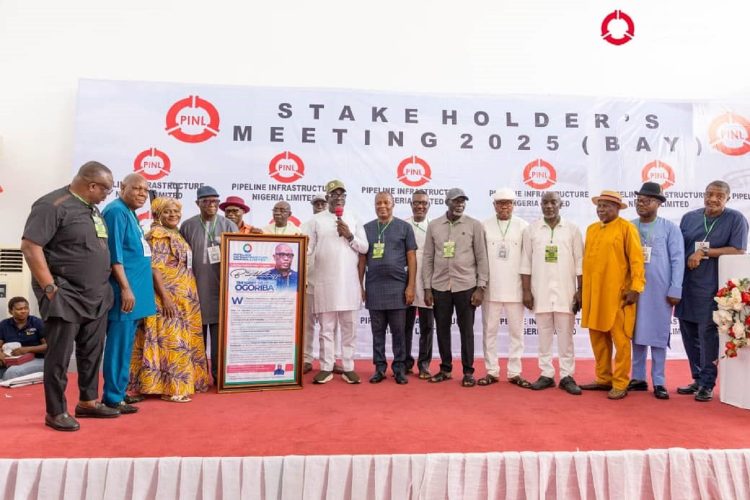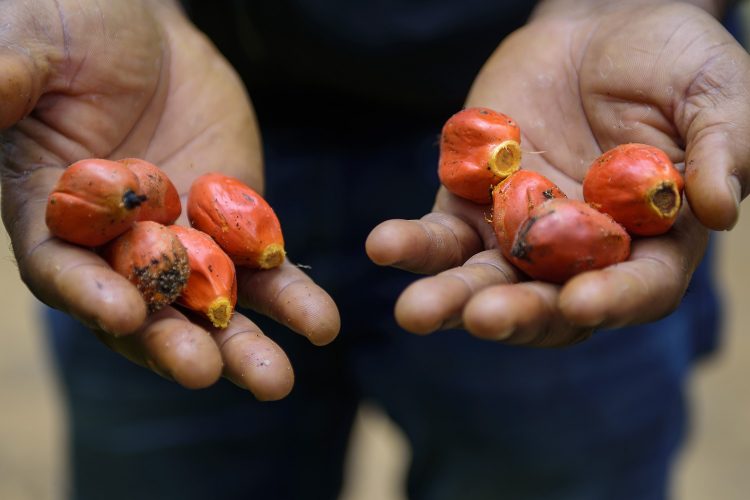Farming Families and Climate Change Issues in Niger Delta Region of Nigeria: Extent of Impact and Adaptation Strategies
January 11, 2016
FG gives Rivers Govt 3,000 unit of drugs to curtail Lassa fever
January 12, 2016Abia state Urban Development Summit scheduled to hold from January 13 to 15, 2016 in Aba will bring together Government, MSMEs, Financial Institutions and local and international investors to discuss development and investment opportunities in the state. NDLink had a chat with Sam Hart, the Senior Special Assistant to the Abia State Governor on Public Communications to learn more about the event, its objectives and proposed outcomes.
Q: Urban development can be quite broad, including many different aspects from the economic to the environmental to the social. What is the Abia State Government’s approach/key priorities, as far as this Summit is concerned?
We are having this Summit to enable us hear from experts [what is] the best approach to addressing challenges on a broad scale as it relates to development. As you rightly noted, urban development is broad-based and we do not want to leave any sector behind. What is the use in having world-class infrastructures if our schools are decrepit? If our hospitals cannot cater to needs and if our financial plan is faulty? That is why we have delineated the areas of discussion at the Summit into 4 broad categories of Economy, Infrastructure, Social Development and Governance Structure. From this 4, you will see that every facet of development can find expression underneath them. Each of these 4 broad areas have enablers that speak to specific issues but generally, they cover the gamut of development. The approach of the Abia State Government is to engender same-pace development in each of these sectors so that there will not be any gap as a result of overlooking what was thought not to be a priority but has the potentials to negate whatever success is recorded in other areas.
Q. Who do you see as key actors in Aba’s urban development?
The key actors in Aba’s urban development are first and foremost, government. Government must provide the leadership, open up the space for enterprise to thrive and build the infrastructures that will aid development. Other key actors include the Chamber of Commerce, Small and Medium Scale Enterprises, private sector, development partner organizations, foreign missions, the people of Aba themselves and anyone that lives and does business in and with Aba.
Q. Why is the summit necessary to have, and why now?
The Summit is necessary to have because evidently, whatever government has been doing in the past to develop Aba, has not led to the kind of development that everybody agrees we can have. Aba can be a catalyst for the development of the rest of Abia State. Everyone tells us in Abia State that with Aba, we are sitting on a goldmine, but the truth remains that we are yet to harvest that gold, so we are inviting experts who believe they know what we should be doing to come and share ideas with us. As to why now…the economy of the country is dwindling by the day. Oil, which is our main source of revenue is experiencing volatility in its pricing and it goes without saying that if states do not find alternative means of accessing funds for development, they will be stagnated. We do not want to wait until we are unable to pay our bills before we start looking for alternative sources of income. We want to start now to tap into what is available to us and have access to revenue that will cushion the effects of our dwindling allocations from the centre
Q. Why the focus on Aba and not on, say, Umuahia or even broadly the entire state?
Why Aba? Simple. Aba is the commercial hub of the State. Get Aba right and you will get the rest of Abia State right. The resources available in Aba, if properly accessed, can drive development in the rest of the State. Umuahia is the capital and it is relatively developed. It does not have the challenges and opportunities inherent in Aba. Ditto other major cities in Abia State. Aba is a peculiar city – home to a people whose enterprising spirit you will be hard-pressed to find anywhere else in the world. Aba holds the key to unlocking development in other parts of the state.
Q. Who do you expect to be present at the conference?
Confirmed attendees include Ambassadors of Countries, Heads of federal agencies, CEOs of Banks, Heads of International and local Development Partner Organizations, Chambers of Commerce, Economists, Development Experts, etc.
Q. You were present at PIND’s NDDF, where there was some discussion on urban development and how the region’s urban centers have to find their own path to urban development and not look to copy Dubai or even Lagos. What lessons do you think the rest of the region can learn from Aba’s urban development story, and where do you think Aba can learn from other urban areas in the region?
The lesson I gathered from NDDF which is applicable to Aba is that development must be home-grown. You can adopt a template but it is not for wholesale application. You must tailor the template to suit the homogeneous realities of the city you are applying the template to. Development is a holistic endeavor which must be pursued with tact and certainty. While there is no harm in aspiring to be like Dubai or Lagos, we must look at our peculiarities and develop towards our strengths and advantages.
Q. Did the regional perspective from NDDF inform this more localized conversation, and how?
We were already planning the Aba Summit before we attended last year’s NDDF. The motive for attending NDDF was two-fold. 1st to participate in the Summit and understand current developmental paradigms and secondly to pick up lessons in conference planning. We succeeded largely on both fronts as we were able to get PIND on board as our Technical Partners [to provide technical strategic advice in organizing] the Aba Summit, while also knowing for a fact after NDDF that we should indeed be having these localised conversations.










